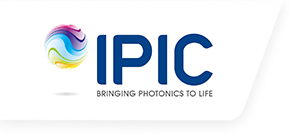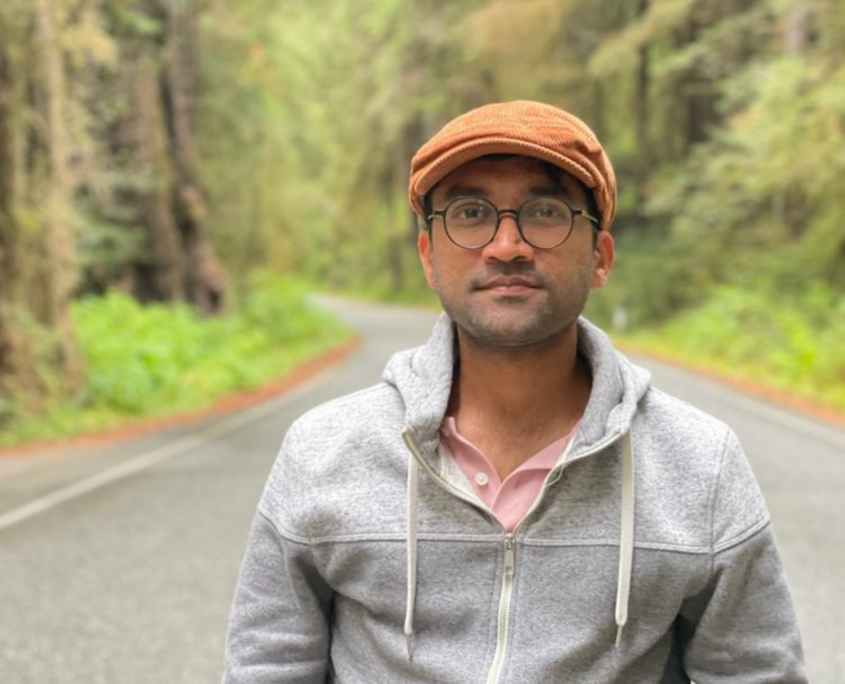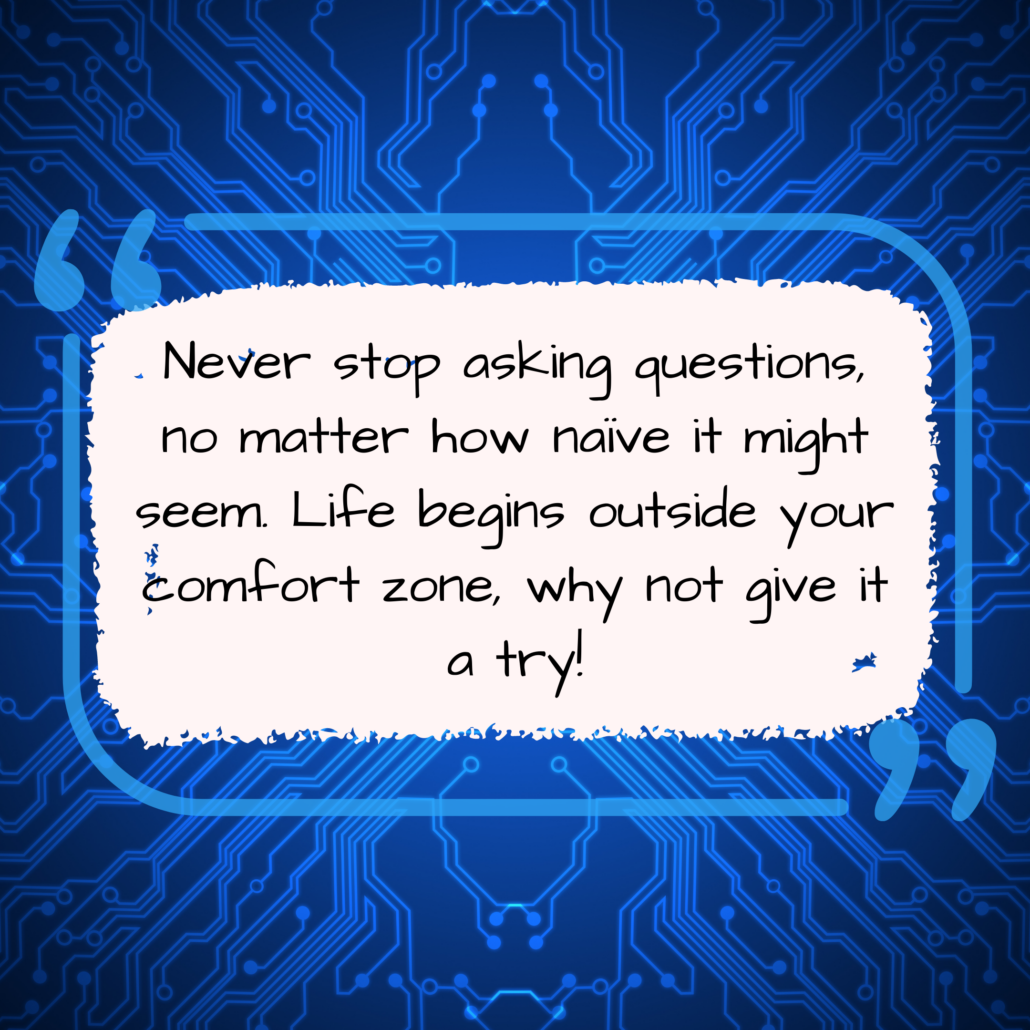My name is Chirag Patil and I’m from India. I’m working as a SPARKLE post-doctoral research fellow at the Photonics Packaging group based in Tyndall National Institute.
At school we had subjects ranging from geography and social science to math and general sciences. History and languages were not my best friends and I was never inclined towards a scientific career, however, I kept myself active in many extra-curricular activities where I could flex my innovative mind. From a young age, I showed all signs of a creative mind, but being a scientist was the least of my interest.
Learning and researching can happen at various levels. The first time I learnt about the simple concept of breaking hydrogen and oxygen atoms by passing current through (ionized) water molecule, I had to try it out. I went back home, took a small battery, built the circuit and collected hydrogen gas in a makeshift tic-tac container. The final test was to observe the pop sound that hydrogen made on being lit by a match stick. A sense of achievement and fulfilment engulfed me. I never stopped doing experiments. From studying the behaviour of spiders to collecting the odour emanating from rotten leaves, I have never shied away from experimenting with unwanted things around me. One man’s waste is another man’s treasure!
Over the course of time, I realized that engineering was my first choice since this gave me a platform to explore my technical skills. However, having worked in few tech companies over a significant time period made me realize my passion for science based studies. At a stage when most people “settle” in their jobs, I took the leap of faith to pursue a research-based career in nanoscience and nanotechnology. Change is inevitable and on most occasions, intimidating. It was a tough decision, but fate had other opportunities in store for me. The Erasmus program opened up a plethora of scientific fields where I could find my passion. During this time, it was quiet clear to me that I wanted to pursue an academic career.
I was at a critical stage of my career when I decided to pursue an academic career, nevertheless, I took up the challenge of doing my Masters in Nanoscience and Nanotechnology. The Erasmus Mundus Masters (EMM) is a mobility programme which offers a wide selection of topics to do research. The EMM-NANO program was co-ordinated by KU Leuven in Belgium with other participating universities from Sweden, France, and Germany. The coursework was diligently structured with the first year introducing a broad overview of nanoscience and provided sufficient technical know-hows on how nanotechnology can be applied in various fields of Physics, Chemistry, and Biology. From solid-state and quantum physics to course on bio-technology, the coursework was well balanced to suit to the needs of individual student. My second year was spent at Chalmers University, Sweden where courses related to Superconductivity, Molecular electronics and Quantum computing were offered. As part of the master’s thesis, I had the opportunity to fabricate, characterize, and do low- temperature measurements on resonator structures realized using superconducting materials. Here, I was trained in cleanroom nano-fabrication and gained critical skills on characterization techniques.
After I graduated, it was a never-ending search for open positions. The task can be quite daunting since we have to carefully weigh the research topic and research group before setting out to do a Ph.D. During this period, an open position for doctoral research at the Niels Bohr Institute (Denmark) caught my attention. This was exciting since it perfectly fit with my interests of working on fabrication and characterization, albeit on a different platform. The numerous applications that could be realized with photonics seemed very appealing and overwhelming. I realized that I had to be a part of this next big revolutionary nexus and hence I decided to pursue my Ph.D. in the field of photonics. My Ph.D. research mainly contained elements of nanofabrication, optical measurements, and numerical designing of dispersion-engineered photonic crystals realized on silicon platform. Having gone through so many struggles as a Ph.D student has only made me stronger and sharper.
Mobility is important for any research system. Working in different laboratories not only provides additional skills and experience to the researcher, but also helps in making new collaborations and build network. Moving to a new place can also be a very stressful situation. The “settling down” time period can take anywhere between weeks to months. However, the joy of working with a different group, learning new languages, knowing new cultures and making new friends can be very rewarding.
Sparkle has received funding from the European Union’s Horizon 2020 research and innovation programme under the Marie Sklodowska-Curie grant agreement No. 847652 and from Science Foundation Ireland.







